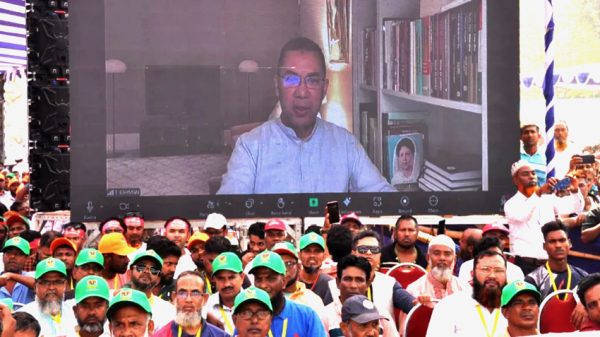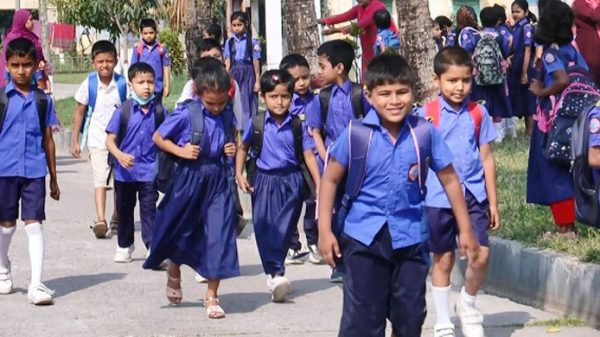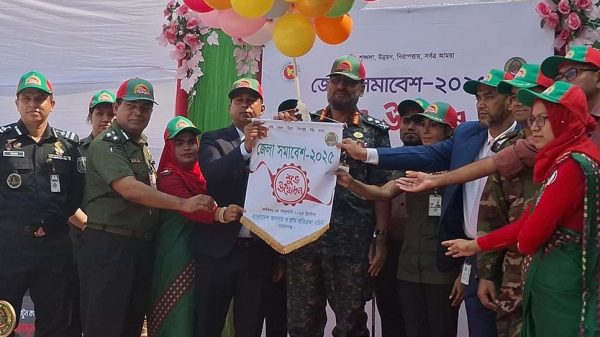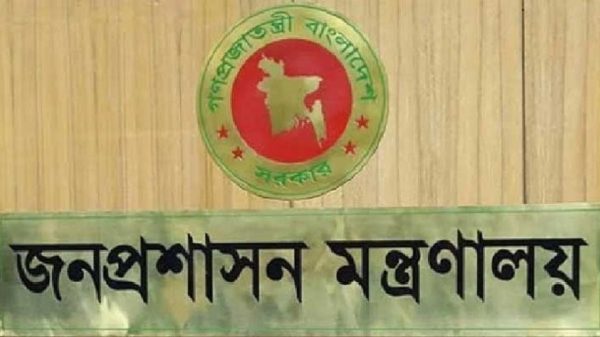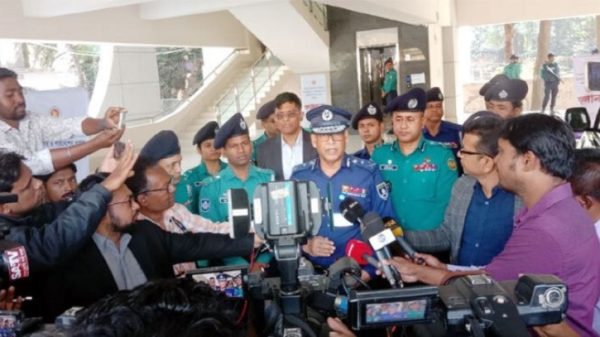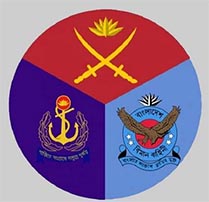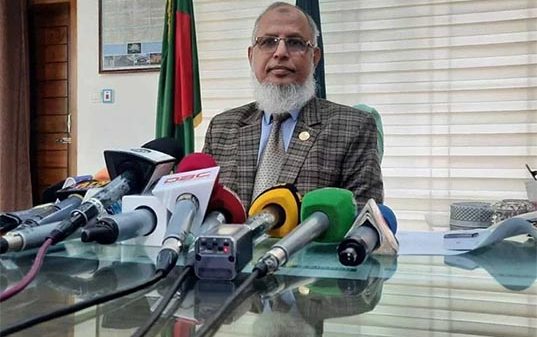To bolster housing, realtors seek amnesties for undisclosed cash

- Update Time : Monday, 12 February, 2024, 02:46 pm
- 170 Time View
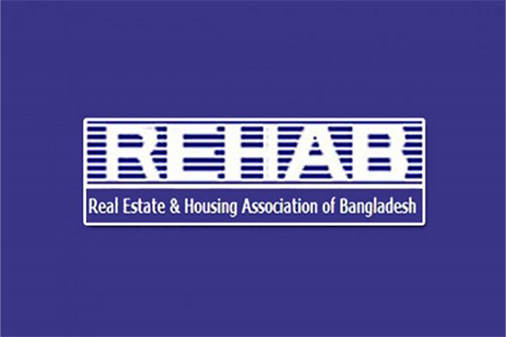
Online Desk: Real estate businessmen have urged the government to include a black money whitening scheme in the upcoming national budget to encourage investment in the local housing sector and stem the outflow of funds abroad.
Jannatul Ferdous, administrator of the Real Estate and Housing Association of Bangladesh (REHAB), advocated for the reintroduction of a disclosure window for undeclared income, lasting five to ten years, without prompting questions about its source.
During a pre-budget meeting at the National Board of Revenue (NBR) on Sunday, Ms Ferdous expressed worries about a potential increase in large-scale money transfers abroad.
For this, she cited lucrative incentives offered by other countries for second-home investments with no inquiries into the origin of the funds.
She argued that such a scheme if implemented, would generate more revenue for the government by bringing money back into the domestic economy.
According to REHAB, the government collected Tk 20.65 billion in revenue during the 2021 fiscal year from the undisclosed income investment programme.
The realtors also requested a reduction in the current fees for apartment and plot registration, from 12 per cent to 7 per cent.
The revenue board on Sunday also held pre-budget consultations with the Institute of Chartered Accountants of Bangladesh (ICAB), the Institute of Cost and Management Accountants of Bangladesh (ICMAB) and representatives from the steel, cement and construction sectors.
ICMAB suggested imposing a source tax on payments made for social events, such as weddings, at the time of booking community centres.
They also recommend collecting source tax from individuals contesting elections in exclusive clubs.
ICAB members proposed strengthening the enforcement of transfer pricing regulations, reducing penalties for late tax submissions and amending the income tax law to allow a one-month extension for filing tax returns, adjusting business losses against other income and rationalising source taxation.
They also advocated the gradual introduction of mandatory limits on cash transactions.
The association leaders proposed setting the minimum corporate tax not below 15 per cent, in line with the global best practices signed by 136 countries.
Citing clinker as a key raw material, cement manufacturers during the pre-budget parley requested the revenue board a reduction in customs duty on clinker imports from Tk 700 per tonne to Tk 200.
They also urge the removal of the “illogical minimum tax provision” on imports of clinker, granulated slag, limestone, fly ash and gypsum.
The Bangladesh Association of Construction Industry demanded an updated price schedule reflecting current market prices, the abolition of source tax, a reduction in advance income tax (AIT) and VAT to 5 per cent, and the removal of VAT on small and medium enterprises (SMEs).
They claim that a 15-25 per cent increase in local construction material prices has caused financial losses for many companies.
At the meeting, businesses also alleged harassment by VAT officials demanding higher payments compared to the previous year.
At the meeting, NBR Chairman Abu Hena Md. Rahmatul Muneem categorically said there will be no tax benefit on interest payments for foreign loans, urging businesses to prepare accordingly.
Meanwhile, the Bangladesh Steel Manufacturers Association (BSMA) proposed offering a 15 per cent cash incentive on steel exports to encourage competitiveness and achieve $15 billion in export earnings by 2023.
According to a BSMA proposal placed by its Secretary General Dr Sumon Chowdhury, this incentive is necessary to offer competitive prices and achieve the export target.
Besides, the association requested tax and duty cuts on raw material imports, including lowering the source tax on mild steel rod sales from 2 per cent to 1 per cent and conducting the value-added tax (VAT) audits every three years instead of annually.

